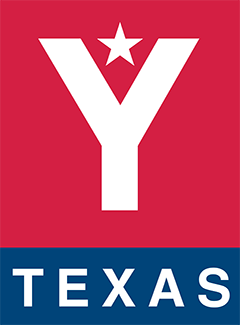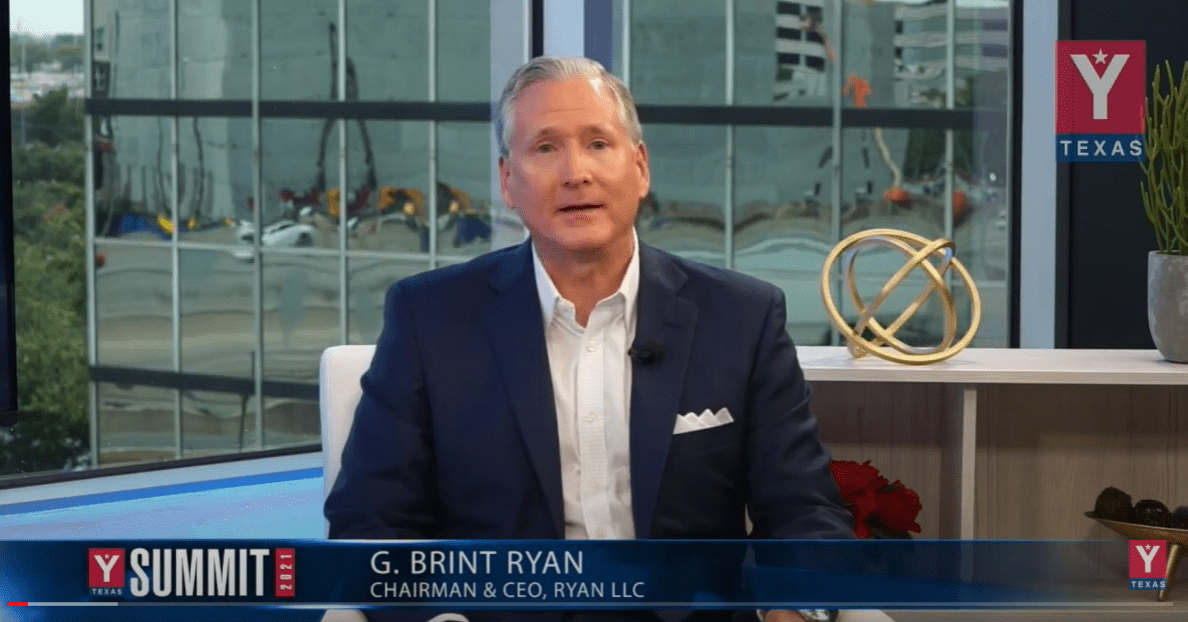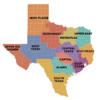By G. Brint Ryan, Chairman and CEO, Ryan LLC
Authored: September 23, 2021
Published: December 2, 2021 (Texas CEO Magazine/YTexas)
As Texas’ pandemic recovery continues, state leadership is leveraging new initiatives to help us complete the rebound as quickly as possible.
When the COVID-19 pandemic unfolded in March 2020, Texas was in a very strong economic position.
Our cities were attracting a stream of headquarters relocations and business expansions. State unemployment, at 3.5 percent, was well below the national average. Consumer activity was strong. And job growth had ticked up for 31 consecutive quarters.
Then we—along with the world—were thrown for a gigantic loop. Fortunately, Texas’ pre-pandemic strength has helped us power through this crisis for nearly two years. Today, even after complications from the Delta variant, we are once again announcing steady business relocations to Texas and about 1,000 people are moving to the state each day. Unemployment is back down to 6 percent from a high of over 13 percent.
This isn’t to say Texas doesn’t still face uncertainty. The good news is that state leadership is thinking creatively about measures that can keep Texas strong, come what may.
A SMARTER RAINY DAY FUND
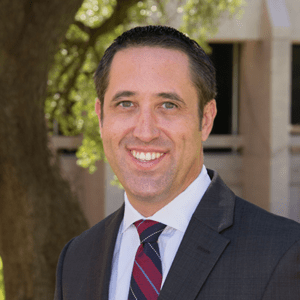
Through the pandemic, Texas Comptroller Glenn Hegar’s office has been tasked with forecasting revenue and managing billions in federal relief funds that have flowed into the Texas treasury. As the state’s chief financial officer, Hegar also oversees Texas’ Economic Stabilization Fund, more commonly known as the Rainy Day Fund, designed to see the state through crises like this one.
Across the nation, 46 states have economic stabilization funds, but Texas’ is by far the largest. Its current balance is nearly $9 billion, primarily funded through oil and gas severance tax collections. Like your typical savings account, the Rainy Day Fund is intended to cover budget shortfalls and prevent sudden lapses in state services like education and healthcare. Its funds can also be appropriated to cover costs now that might be more expensive to cover later, such as state pension plans.
Long before anyone had heard of COVID-19, Comptroller Hegar was championing a smarter approach to managing the billions that sit in the Rainy Day Fund.
“When I first got here seven years ago, we had over $6 billion in our state savings account,” says Hegar. “We had to keep that money in overnight cash. Our hands were tied. Now tell me, what business keeps $6 billion in overnight cash 365 days a year? No—a business is going to invest that money wisely to make sure it keeps up with inflationary pressures.”
By the end of the 2019 legislative session, Hegar’s push for more discretion over investment of Rainy Day Fund dollars had paid off. The Legislature officially granted the Comptroller’s Office broader authority to invest and grow that money.
“As a result, we’ve brought hundreds of millions of dollars into the fund that we wouldn’t have otherwise,” says Hegar. “I want to make sure that, given inflationary pressures, the funds in our state savings account have the same purchasing power next year as they do today—and in the years after that.”
That type of business-minded fiscal stewardship keeps Texas prepared for the next obstacle, whether it’s an economic downturn, a hurricane, an ice storm, or something we haven’t yet imagined.
BROADBAND FOR ALL
Another initiative of Hegar’s office centers on ensuring that all Texas residents have access to broadband Internet.
This was already a discussion in Texas pre-2020, but the pandemic made lack of broadband access an immediate issue for large swaths of the workforce, particularly those in rural areas.
“Up until September 1 of this year, Texas was one of six states that did not have some type of broadband development office,” notes Hegar.
That’s now changed, with the announcement of a Broadband Development Office (BDO) that will be operated by his agency. The BDO will offer grants, loans, and other incentives to Internet companies that build out their service into underserved regions.
“So many more people are working online,” says Hegar. “But expanding broadband access is also about expanding access to educational resources, telemedicine, and a lot more. Having that connectivity across all 254 counties will be a game changer for Texas, just like the highway system was a century ago. It’s going to improve opportunities for economic development—not just
for communities but for businesses and individuals as well.”
Such broadband initiatives can also become a key part of intelligent infrastructure.
INVESTING IN WORKFORCE DEVELOPMENT
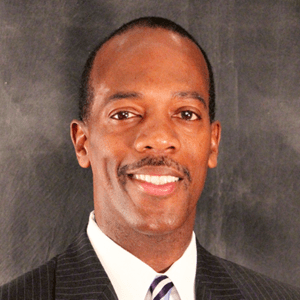
Along with the Comptroller’s Office, the Texas Workforce Commission (TWC) is another agency intent on shaping a bright post-COVID economic future for the state.
The TWC currently runs 28 local workforce solutions offices throughout Texas. “Our primary goal is to provide Texans with another day of work,” says Aaron Demerson, the agency’s Commissioner Representing Employers. The agency does this through a variety of activities, from offering training and childcare services for workers to helping employers grow their operations.
The TWC has been running on all cylinders since the pandemic began, and millions of Texans saw their jobs affected. “We’ve been doing a year’s worth of work in a one-month timeframe,” says Demerson. “We had millions of claims and phone calls coming in, more than we’ve ever een. And when I say millions, I mean literally millions.”
As the employers’ representative at TWC, Demerson has put particular focus on internships—which he sees as a critical pipeline of talent for Texas businesses to pay attention to as pandemic recovery continues.
Being a private-sector CEO myself, I commend that focus. At my company, Ryan, LLC, internship programs have become a critical part of our growth strategy. This past summer, we had 72 interns at Ryan offices across the globe, and about 70 percent of our interns eventually sign on to work for us. I believe that a lot of employers who ignore internship programs may find themselves on the outside looking in when it comes to gaining top talent.
Demerson and TWC have introduced a program called Interns Unite, which will promote the advantages of internship programs and bring previous participants together to share best practices. It will also see Governor Greg Abbott recognize organizations that are hiring interns in the public, private, and nonprofit sectors.
“In the next year, you’re going to see some amazing things come out of that program,” says Demerson. “Our employers are back in the saddle,” says Demerson. “We want to make sure they are in a position to take advantage of Texas talent—and to keep that talent here in our great state.”
From smarter rainy-day investments to broadband expansion to internship programs, Texas is leading the charge in innovate approaches to pandemic recovery. We’re not home free yet, but thanks in part to business-minded leadership at the state level, we’re in a position most other states would envy.

